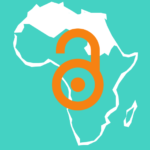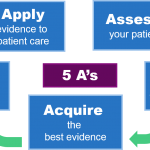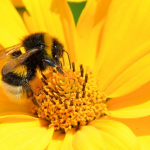This week, we highlight a Bitesize Bio podcast exploring how to promote an open research culture. We read Delta Think’s analysis of APC trends, and about Nature Ecology & Evolution’s integrated data and manuscript submission process. Finally, we revisit May’s big open science stories and learn about FSU’s Open Scholars Project.
To listen to:
Credibility and reproducibility: the role of open science via Bitesize Bio | 50-minute listen
How can open science support research transparency, credibility and reproducibility? In this podcast, Tim Errington (Senior Director of Research at the Center for Open Science) joins host Adam Pawson (Senior Managing Editor at Bitesize Bio) to explore how open science practices can be used to build a robust and uncompromising research culture.
To read:
APC trends via Delta Think | 4-minute read
At the start of 2024, the article processing charges (APCs) of more than 30 major publishers had risen by between 4.2% and 9.5% compared with the previous year. But what does this mean in real terms? In this article, authors Dan Pollock (Chief Digital Officer at Delta Think) and Heather Staines (Director of Community Engagement and Senior Consultant at Delta Think) compare changes in APCs with inflation to explore whether authors may actually be getting better value for their money.
Integrated data and manuscript submission via Nature Ecology & Evolution | 5-minute read
“Data repositories are the best way of sharing data both before and after publication”, according to this editorial from Nature Ecology & Evolution. But how can journals encourage and support their authors to adopt data sharing practices? For Nature Ecology & Evolution, the answer lies in an integrated data and manuscript submission process facilitated by Figshare.
International Science Council May roundup via International Science Council | 9-minute read
Missed May’s big open science stories? The International Science Council has you covered! In this issue of the open science roundup, Moumita Koley (Policy Consultant at the International Science Council and Co-founder of the Open Science South Asia Network) features the Organisation for Economic Co-operation and Development’s April ministerial meeting, the Center for Open Science’s SMART project and DORA’s guidance on research indicators.
FSU Open Scholars Project via Center for Open Science | 7-minute read
How can institutions support the adoption of open science through cultural change? This member spotlight from the Center for Open Science features Florida State University (FSU)’s Open Scholars Project and explores how integrating the centre’s open science framework has advanced open science at FSU.
Enjoy our content? Read last week’s digest and check out our latest guest blog!
Don’t forget to follow us on Twitter/X and LinkedIn for regular updates!






